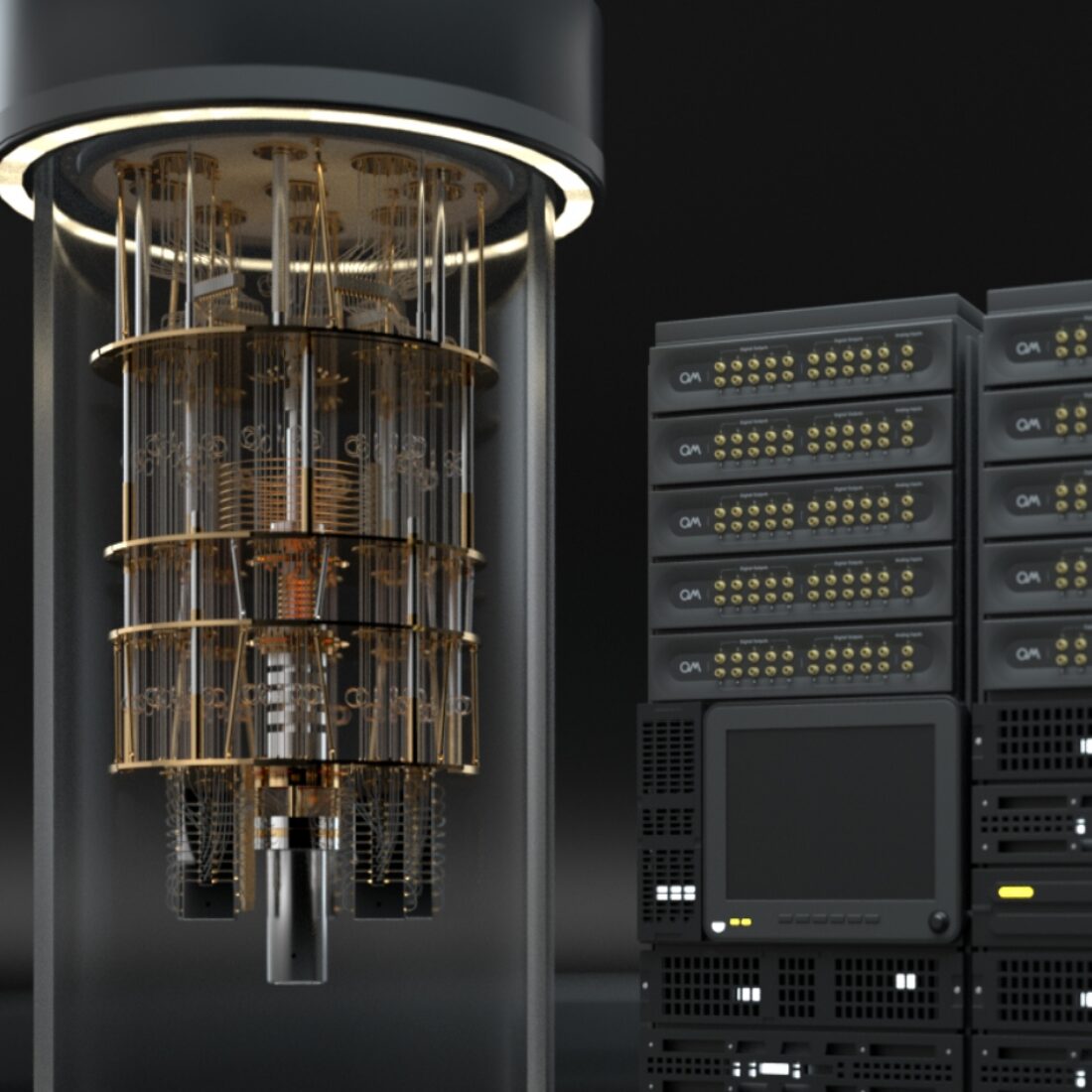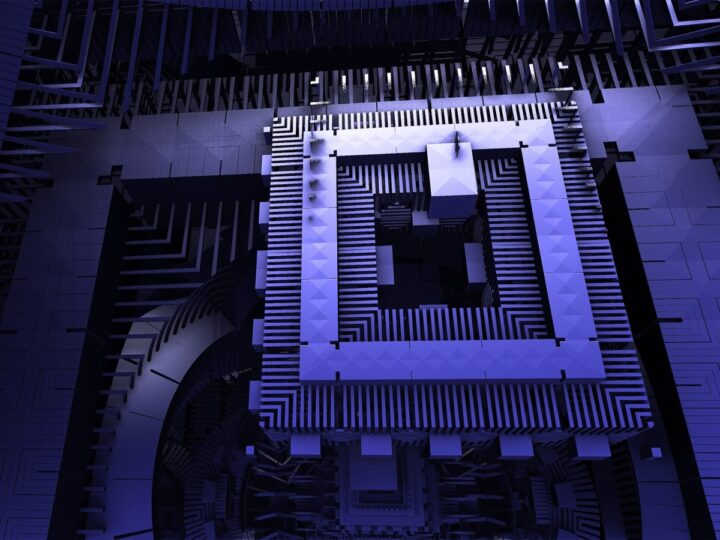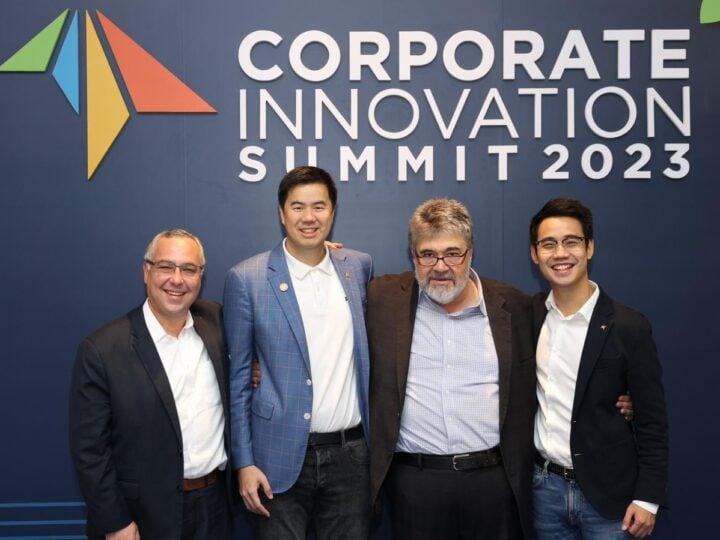Those of us who aren’t Einsteins – I’m talking about myself here – don’t totally get what “quantum computing” is. And that’s okay.
For the foreseeable future, most of us will keep using classic computers that calculate in binary bits (either zeroes or ones) rather than graduating to quantum computers that calculate in qubits (any combination of zeroes and ones simultaneously).
But increasingly, people working in drug discovery, economics, weather forecasting, aviation and supply-chain logistics – to name just a few — need quantum computing’s power to process unimaginable amounts of data fast, answering complex questions that neither classic computers nor supercomputers can handle.
Experts tell ISRAEL21c that with its well-earned reputation for technical prowess and thinking outside the box, Israel has the potential to crush quantum computing.
Yet because we came late to the game, we’ll first have to play catchup to the big three in quantum computing: the United States, Canada and China.
Very risky
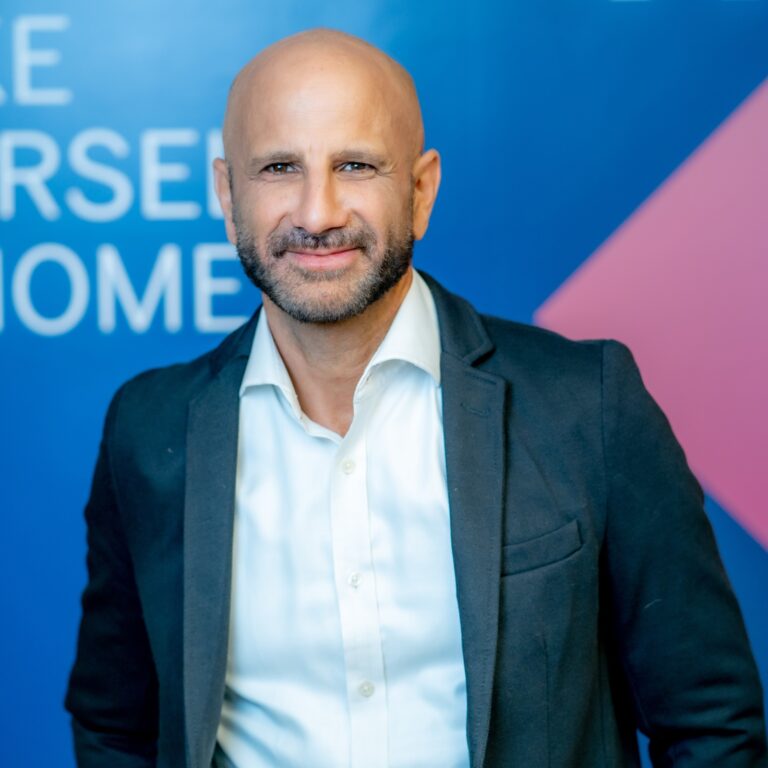
“We are building an industry that didn’t exist four or five years ago,” says Aviv Zeevi, VP and head of the Technology Infrastructure Division at the government-run Israel Innovation Authority.
“Around 30 Israeli quantum computing companies were funded in the last three to four years and many raised quite a lot of money, meaning the market really believes in this,” says Zeevi.
“Current processors are reaching their edge. There’s more data and bigger processing needs for AI and for designing new materials and devices.”
The IIA is funding eight projects through its participation in QuantERA, a European network of 39 public organizations from 31 countries supporting research and innovation in quantum technologies.
“R&D in quantum computing is still very risky,” Zeevi tells ISRAEL21c. “It demands huge investment in equipment. There are quite a few technologies [that quantum computing can be based on] and we don’t know which one will be key.”
Aim: world supremacy
Given these uncertainties, the IIA has allocated $29 million to establish an Israeli Quantum Computing Center (QCC) over the next three years with several available processing technologies for the use of entrepreneurs and researchers.
“The QCC will be built by Israeli startups in collaboration with academic knowledge from the last 20 years. Our aim is to achieve supremacy,” says Zeevi.
Unlike Google and IBM, the QCC is not putting all its technological eggs in one basket.
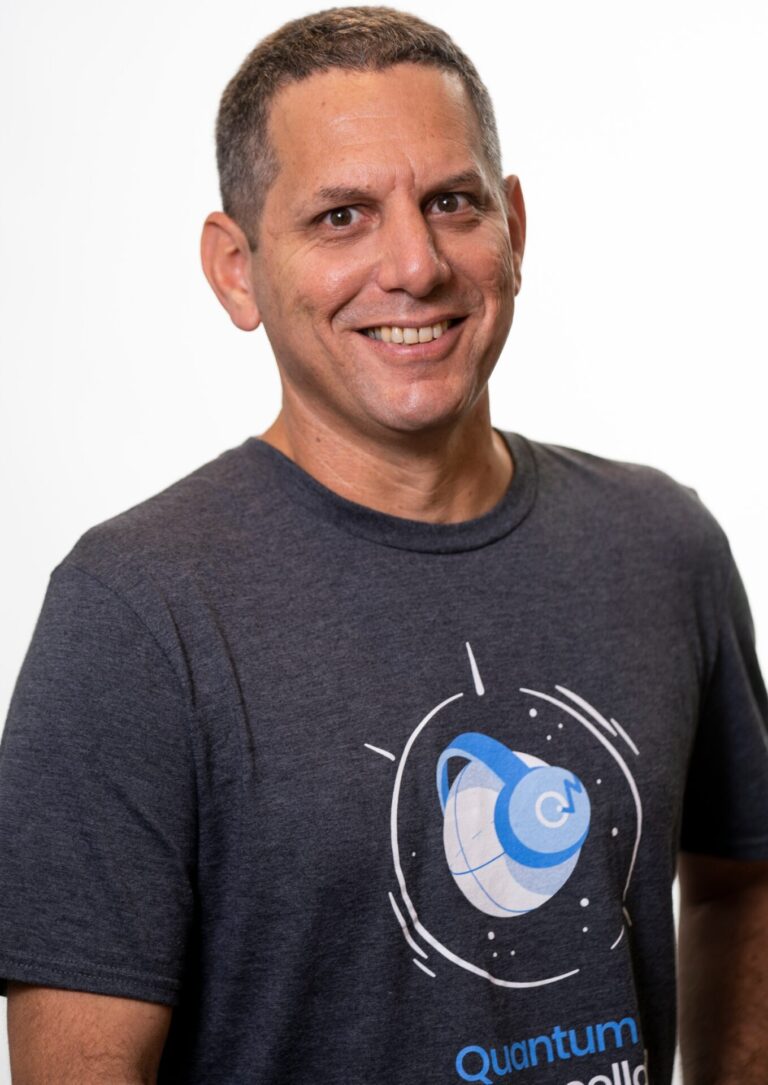
“It will be a world’s first,” says Yoel Knoll, VP of Marketing at Tel Aviv-based Quantum Machines, a partner in the QCC along with Elbit Systems and Classiq (Israel), ParTec (Germany), QuantWare (Netherlands), ORCA Computing (UK), ColdQuanta and Super.tech (US).
“It will be the first time a quantum computing center will house a variety of different platforms,” Knoll tells ISRAEL21c.
“Right now there are several technologies elbowing to be the dominant processing technology. If you buy a quantum computer from a large company, they make that choice for you. If they bet on the wrong horse, you’ll have to replace your computer.”
The brains of the quantum computer
With 130 employees, Quantum Machines has become Israel’s largest startup in this space since its founding in May 2018. And it’s the only one making quantum control systems.
“The processors inside quantum computers are like strong muscles that have the potential to do a lot of things, but they cannot function without the brains — the quantum control system,” Knoll explains.
“The control system takes classic computing queries from the user and translates them into ‘quantumese’ for the quantum processor and then translates them back to classic language for the user.”
The QCC will have “a component-based solution with Quantum Machines’ technology in the middle, so any company from Israel or abroad that wants to test [its product] can come and plug into any quantum processor that’s out there,” says Knoll.
The system can be upgraded to accommodate yet-to-be-invented quantum technologies.
“The center will also include a quantum incubator to help develop the industry in Israel; and a quantum academy to provide the skilled workforce needed for the industry,” Knoll continues.
“Right now, quantum computing is a world of physicists, but we will also need a lot of programmers and engineers. This will enlarge Israel’s footprint in the market.”
Collaboration with the USA
The US-Israel Binational Science Foundation has supported joint quantum research projects for decades, says BSF Executive Director Anton Post. This activity has surged in the past 10 years, with 224 grants awarded.
“Quantum research is approaching a tipping point where basic research will translate into real-world applications,” says Post.
“To promote this development and to preserve the competitive edge that Israel and the US have in this field, BSF is entering a partnership with Israel’s Ministry of Innovation, Science and Technology (MOST) to further stimulate US-Israel collaborative research in emerging quantum technologies.”

MOST Deputy Director General Tom Dan, who’s also an IIA board member, tells ISRAEL21c that Israel will invest $5.8 million, while the US National Science Foundation will invest double that amount, to fund four joint quantum technology projects over the next four years.
“The first one, managed by our international unit under Barak Gatenyo, will be announced by the end of the year,” says Dan.
Why we need our own
Alongside collaborations with American and European bodies in advancing quantum computing, Israel recognizes the need to stand on its own two feet.
“A lot of decisionmakers, here and in other countries, consider quantum computing a national security issue, because it will have implications in deciphering codes and unlocking passwords,” Dan explains.
“That’s one reason why MOST identified quantum computing as an area to prioritize. It’s still to be determined if Israel will be a leading power in this field; it may be that we have to be.”
The IIA’s Aviv Zeevi adds that technological autonomy in quantum computing is essential because “there are military uses and security-related issues related to encryption. We need to hold our own niche and I hope we’ll get there in five or six years.”
Currently, Zeevi says, ‘We may be in the top 10 in terms of investment and number of companies. Though we are starting the race a bit late, we are seeing a huge increase in the number of companies and foreign investment in the Israeli quantum computing industry.”
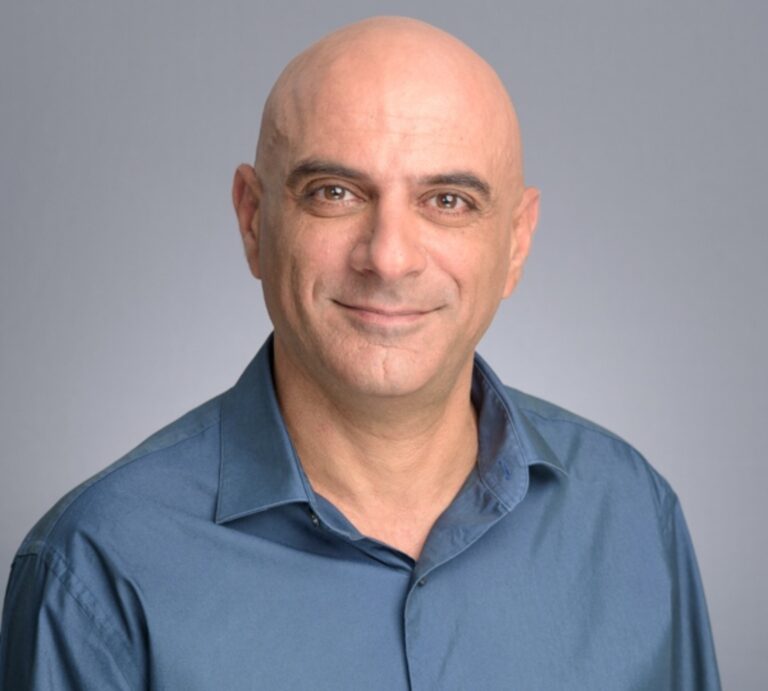
Oded Melamed, cofounder and CEO of Quantum Source in Rehovot, says that a fully equipped quantum computer is a strategic asset for any country.
“With such a computer, you can do things that are impossible today, for example the ability to break RSA code, which most data today is encrypted in,” Melamed tells ISRAEL21c.
“A government that will have a useful quantum computer has a unique strategic position over its rivals, very much like in the early days of supercomputers.”
Super disruptive
With a staff of about 30 physicists and electrical engineers, Quantum Source is developing core hardware for quantum computers based on a photon platform technology developed at the Weizmann Institute. (Other leading platforms are based on ultracold atoms, trapped ions and superconducting qubits.)
“We believe our technology is super disruptive and can make Israel a leader in this domain,” says Melamed, formerly the CEO of Altair Semiconductor.
“Israel is very strong in hardware in general — Intel started here because of our chip design abilities, and Apple is leveraging hardware design capabilities here too,” he says.
“In quantum, we were late to realize the potential and a lot of efforts around the world started with intensive government support that we didn’t have until recently.”
Yoel Knoll of Quantum Machines acknowledges that Israel is entering a sandbox populated with mega players such as IBM, Google and Amazon.
“But now, with more startups popping up, and with the QCC being built, I think we will leapfrog and be more advanced than other markets,” he predicts.
“Quantum Machines is involved in several large quantum computing centers around the world, so we see what is happening out there and they really want our technology. And our technology is Israeli technology so there is an impact we are starting to see,” Knoll says.
“Even though we were late to the game, I’m sure with the amazing brainpower this country has we will be just as dominant in quantum computing as we are in telecoms and cyber.”
Update: On January 1, the IIA announced the formation of the largest consortium in its history, with the aim of developing two quantum processor technologies – trapped ions and superconductors – to advance Israel’s quantum computing capabilities. The consortium brings together five Israeli tech companies (ELTA Systems, Quantum Art, Classiq, Qedma Quantum Computing and Rafael Advanced Defense Systems) with researchers from Hebrew University, Weizmann Institute, Bar-Ilan University, Technion-Israel Institute of Technology and Soroka University Medical Center.




